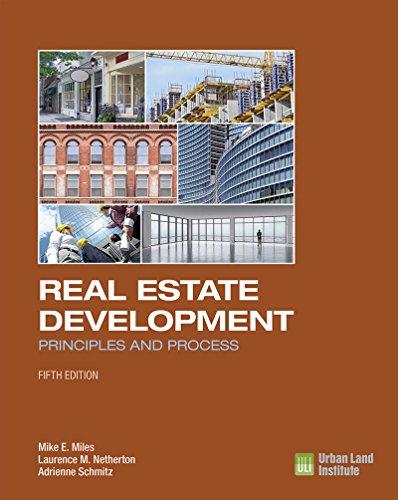Answered step by step
Verified Expert Solution
Question
1 Approved Answer
1 . Betty, a widow, has been retired for eight years and never planned for a long term care event. She is 7 0 years
Betty, a widow, has been retired for eight years and never planned for a longterm care event. She is years old and is now concerned for her children's inheritance as well as living the remainder of her life in her home. She would like to know how Medicaid would look at her assets should she be required to enter a nursing home. Which of the following should you tell Betty about Medicaid eligibility?
Group of answer choices
Betty's home is a countable asset and will be used in the formula to determine her eligibility.
Medicaid can look back at any transfers that Betty made during the past five years and deem her ineligible for a specific amount of time as a result of those transfers.
Betty's penalty period for transferred assets, if any, will be determined by a national average cost of care amount.
If there is a penalty for transferring assets during the lookback the ineligibility period will begin on the day you transferred your assets.
It is taxfiling time and Bill, a selfemployed nonincorporated financial planner, has neglected prioryear tax planning. As a result, he has $ in taxable income. He has never funded a retirement plan but desperately needs to reduce his taxable income significantly. He wants to know if there is something that he can still do considering the tax year is over for planning. His choices are to:
Group of answer choices
Open a k with a profit sharing plan.
Open a SIMPLE IRA.
Open a SEP IRA.
Open a money purchase pension plan.
Lucy and Ricky have decided to design a retirement needs analysis. They have decided to use the annuity method. This method provides a lumpsum value that is due at their target retirement date. It also can assist them in determining the savings amount and rate that they will need based on how many years until that target date is due.
Which of the following statements regarding the annuity method of retirement income planning is incorrect?
Group of answer choices
It is assumed that at the end of the retirement period, there is no money left over for bequests.
The capital preservation method can assist a client against the drawbacks to the annuity method by inputs that assume that the client dies with the same amount of money that he or she started with.
The purchasing power method can assist a client against the drawbacks to the annuity method by inputs that assume that the client dies with the same purchasing power that he or she began with.
The annuity method guarantees a stream of income for life.
Jamie is and is seeking a suitable investment strategy for funding her retirement accounts. Her goal is to retire at age As she considers herself an individual who takes a balanced approach to investing, her investment style could best be described as moderate She also understands the need for investment diversification and believes in not putting all her eggs in one basket. Her goals are long term. She has her cash needs well financed with a sixmonth emergency fund. Select from among the asset categories and investments that would be appropriate for Jamie.
Group of answer choices
An allocation of stock mutual funds and bond mutual funds
A high yield bond fund
An allocation of stocks and bond
Jamie is young, she should have allocated to a stock portfolio
Step by Step Solution
There are 3 Steps involved in it
Step: 1

Get Instant Access to Expert-Tailored Solutions
See step-by-step solutions with expert insights and AI powered tools for academic success
Step: 2

Step: 3

Ace Your Homework with AI
Get the answers you need in no time with our AI-driven, step-by-step assistance
Get Started


